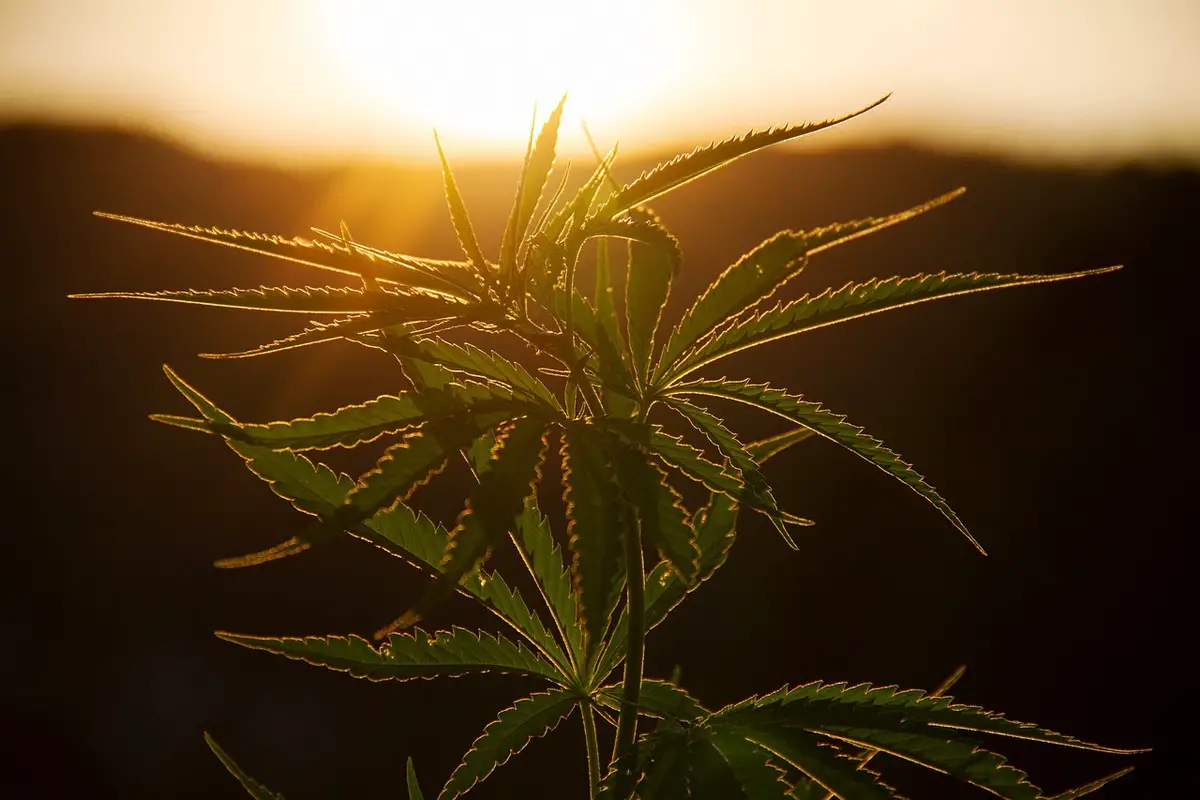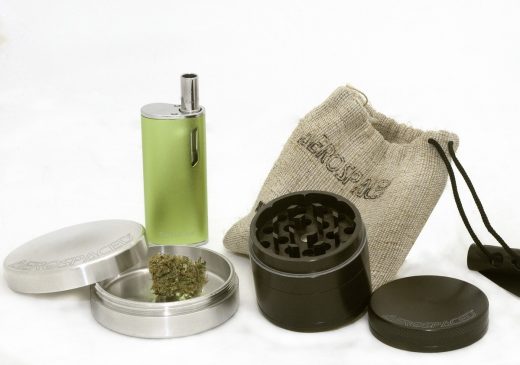The ripple effect, cannabis legalization and its transformative impact on criminal justice and incarceration rates, license cost
Cannabis Legalization and its Transformative Impact on Criminal Justice and Incarceration Rates
March 20, 2024
In recent years, a significant shift in public opinion and legislative action has taken place regarding the legalization of cannabis. Once considered a taboo subject, cannabis legalization has emerged as a focal point in discussions surrounding criminal justice reform. This guest post aims to explore the multifaceted impact of cannabis legalization on the criminal justice system, with a particular focus on its influence on incarceration rates and the overall societal landscape.
Impact on Law Enforcement
The legalization of cannabis has redefined the role of law enforcement agencies, prompting a reassessment of policing strategies and resource allocation. With the deprioritization of cannabis-related offenses, law enforcement officials have been afforded greater latitude to focus on addressing violent crime, organized criminal enterprises, and public safety concerns. Moreover, the legalization framework has diminished the prevalence of illicit cannabis markets, thereby reducing the incentive for black-market activities and associated criminality.
However, the regulation of cannabis presents new challenges for law enforcement, particularly in combating the illicit production and distribution of cannabis products, including THC vapes, outside the legal framework. The emergence of unregulated THC vape products has underscored the need for comprehensive regulatory oversight and consumer protection measures to safeguard public health and prevent criminal exploitation.
The Historical Context
To understand the profound implications of cannabis legalization on criminal justice, it is crucial to delve into the historical context of its prohibition. The War on Drugs, launched in the 1970s, disproportionately targeted cannabis users, leading to a surge in arrests and convictions. This aggressive approach not only strained law enforcement resources but also resulted in the mass incarceration of individuals for non-violent, low-level drug offenses.
Criminalization and Disparities
One of the most significant consequences of cannabis prohibition was the perpetuation of racial and socioeconomic disparities within the criminal justice system. Studies consistently showed that marginalized communities, particularly people of color, bore the brunt of harsh drug policies. Cannabis-related arrests often translated into severe legal consequences, perpetuating a cycle of poverty and disenfranchisement.
Legalization as a Catalyst for Change
The tide began to turn with the first wave of cannabis legalization at the state level. States like Colorado and Washington pioneered the movement, adopting a regulated approach to cannabis use for recreational and medicinal purposes. As more states followed suit, the impact on criminal justice and incarceration rates became increasingly evident.
Reduction in Arrests and Convictions
One of the immediate effects of cannabis legalization has been a marked reduction in cannabis-related arrests and convictions. With the shift in legal status, law enforcement has been able to redirect resources to more pressing matters, and individuals are no longer subjected to punitive measures for cannabis possession or use. This change has contributed to a decline in overall arrest rates, easing the burden on the criminal justice system.
Furthermore, legalization has paved the way for the expungement of prior cannabis convictions in several jurisdictions. This represents a critical step towards rectifying the historical injustices inflicted upon individuals for non-violent cannabis offenses. Expungement allows those with past convictions to reintegrate into society without the stigma of a criminal record, fostering rehabilitation rather than perpetuating a cycle of punishment.
Economic Impact and Social Equity
Cannabis legalization has also proven to be an economic boon for many states. The legal cannabis industry has generated substantial tax revenue, funding essential public services such as education, healthcare, and infrastructure. Moreover, the emerging legal market has created job opportunities and stimulated economic growth, contributing to a positive ripple effect throughout communities.
Beyond the economic benefits, cannabis legalization has become a focal point for addressing social equity concerns within the criminal justice system. Many states have implemented measures to ensure that individuals disproportionately affected by past drug policies have a fair chance to participate in the legal cannabis industry. This includes initiatives such as expungement programs, priority licensing for affected communities, and reinvestment of cannabis tax revenue into programs aimed at addressing social disparities.
Public Opinion and the Path Forward
As more states continue to explore and implement cannabis legalization, public opinion has played a pivotal role in shaping the trajectory of reform efforts. Surveys consistently show a growing acceptance of cannabis use and a desire for a more rational and compassionate approach to drug policy. This shift in public sentiment has influenced policymakers to reconsider outdated laws and embrace evidence-based approaches to drug regulation.
While the impact of cannabis legalization on criminal justice and incarceration rates is undeniably positive, challenges remain on the path forward. The federal government’s stance on cannabis remains a significant hurdle, creating a disjointed legal landscape where state laws often clash with federal prohibition. Efforts to reconcile these disparities and implement comprehensive federal reform are crucial for ensuring a cohesive and equitable approach to cannabis regulation.
Cannabis legalization and its transformative impact Conclusion
Cannabis legalization has emerged as a catalyst for transformative change within the criminal justice system, challenging long-standing policies that perpetuated social disparities and mass incarceration. The shift towards a regulated and legalized cannabis market has not only reduced arrests and convictions but has also fostered economic growth, social equity, and a more compassionate approach to drug policy.
As more states grapple with the question of cannabis legalization, it is imperative to learn from the successes and challenges of those that have pioneered reform. By prioritizing evidence-based approaches, social equity, and public health, policymakers can shape a future where cannabis is regulated responsibly, contributing to a fairer and more just criminal justice system for all.
Comments on this guide to The Ripple Effect: Cannabis Legalization and its Transformative Impact on Criminal Justice and Incarceration Rates article are welcome.
Cannabis Shop and Dispensary Designs
Contemporary Cannabis Dispensary Architecture – architectural selection below:
Dockside Cannabis – Ballard, Seattle, Washington, USA
Design: Graham Baba Architects
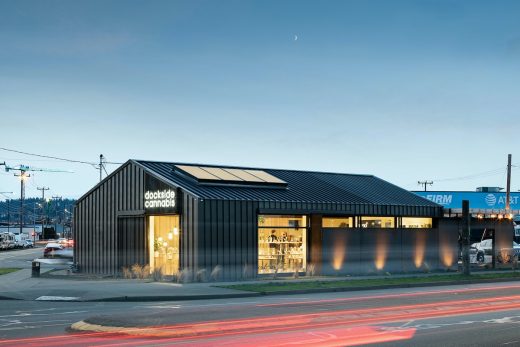
photo : Andrew Pogue
Dockside Cannabis – Ballard Shop
Cultivate Cannabis Dispensary, Framingham, Massachusetts, USA
Design: Kripper Studio
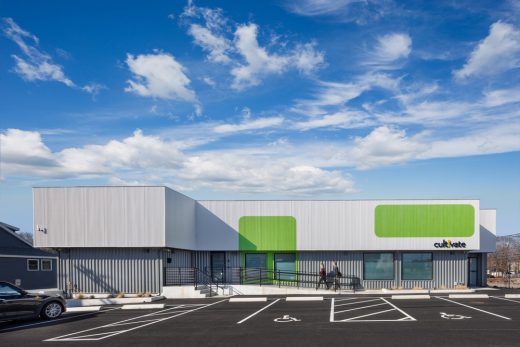
photograph @ John Horner Photography
Cultivate Cannabis Dispensary
Scarlet Fire Cannabis Dispensary, Toronto, Ontario, Canada
Design: SevenPoint Interiors
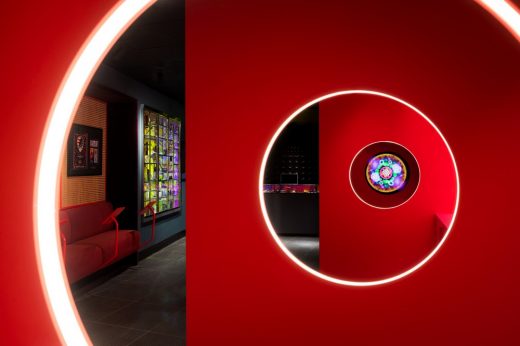
image courtesy of architects practice
Scarlet Fire Cannabis Dispensary, Toronto
Sweet Seven Cannabis, Waterloo, Ontario, Canada
Architecture: dkstudio architects inc.
Sweet Seven Cannabis Shop
Cultivate Cannabis Dispensary, Massachusetts
Cannabis Shops and Facilities Articles
Cannabis Dispensary and Facility Posts – selection below:
Interior Design
Interior Design Posts
Choosing a cohesive design style for your home
How to Spruce Up Your Home with Personalized Prints
Comments / photos for the Ripple Effect: Cannabis Legalization and its Transformative Impact on Criminal Justice and Incarceration Rates page welcome

